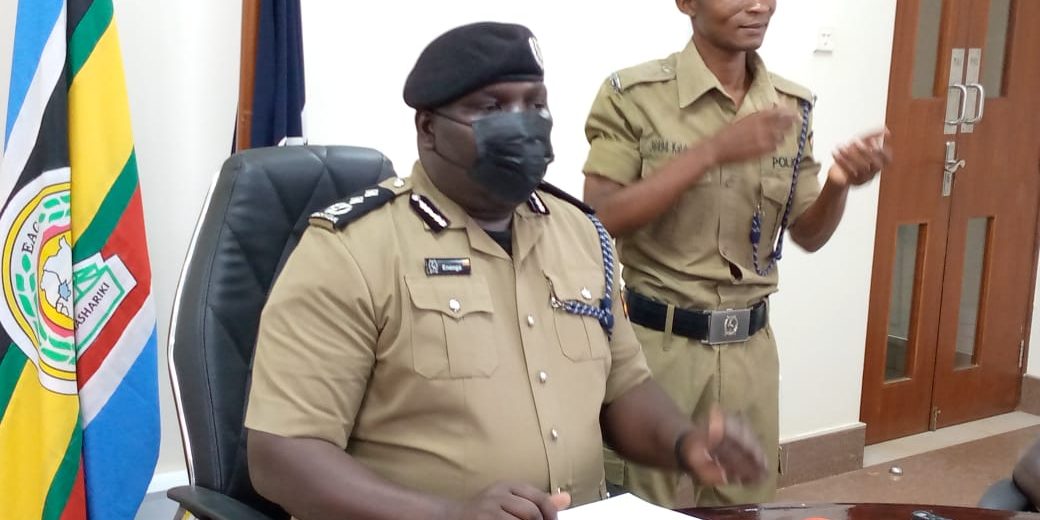By Ben Musanje
Days after President Yoweri Museveni has just rebuked Uganda’s security forces for using excessive violence, the Inspector General of Police (IGP) Martin Okoth Ochola has admitted that some elements in the force still use torture to extract information from suspects.
In a televised address on Saturday, Museveni publicly slammed security forces for using torture as a method of obtaining information from criminals suspected to have committed high profile crimes.
The president who exposed video footage of security personnel beating up people in Kampala during the recent general elections, blamed “indiscipline” and “laziness” among state forces for incidents that resulted in the death of Ugandans.
Museveni, who was reelected to a sixth term despite widespread reports of irregularities, said a report was being prepared into the November shootings and it would be made public in time.
In November, at least 54 people were shot dead as supporters of Museveni’s main political opponent, the rapper-turned-MP Robert Kyagulanyi alias Bobi Wine protested his arrest. Responding to the presidential address in a statement read by the Police Spokesperson Fred Enanga, IGP Ochola says that police will this week avail a list of officers who have been arrested and prosecuted over torture.
“As a result of continued concerns of torture, I pledge to continue reviewing our efforts to ensure appropriate guidelines on this use of force and authority is respected,” Ochola wrote.
According to Enanga, Ochola further directed the heads of directorates in the Force to review on how to transform the operations that are torture free and also availed the contacts include 0714668083 and 07076010525 on which people could report cases of torture for actions to be taken against the perpetuators.
In regards to the letter President Museveni claimed to have sent to security forces in 2017 on against human rights violations, Fred Enanga, the Police Spokesperson confirmed that the IGP received it and directed the Professional Standards Unit (PSU) together with the Directorate of Legal and Human Rights in the police to ensure that torture and other human rights related actions are no longer registered in their operations.
Human Rights Violation during the Lockdown
Elimia Masembe, the Kampala Capital City Authority (KCCA) Lord Councilor for Makindye West III in Makindye Division narrates that it was one Friday evening at around 8pm during the 42days lockdown when a battalion of Police and Local Defense Unit (LDU) personnel rounded off people near his office just opposite Pakalast pub, started beating them seriously for flouting curfew hours.
Masembe who is also a journalist that formerly worked at Bukedde TV before he joined politics during the recent general elections, adds that when he moved out of his office and confronted the security personnel beating people, they instead turned against him.
“When I heard people crying outside my office, I quickly moved out to see what was happening. My eyes landed on the police officers badly beating up people and one of the women among those arrested had been kicked in her breasts and was in serious pain. Upon reaching out to the officers they turned against me but I immediately pulled out my Vision Group Identity Card to show and explain to them that I was a journalist and a Councilor as well,” Masembe explains.
Masembe says that they didn’t listen to him, instead they went ahead to beat him seriously until he managed to escape from them. On the following day, Masembe says that he attempted to follow up the case at Katwe Police Station but they kept on tossing him until he gave up.
The police have been ranked top in the lists of violators in several annual reports of different human rights organizations like the Human Rights Watch, the Human Rights Network for Journalists Uganda (HRNJ-U) and the Uganda Human Rights Commission (UHRC) among others.






